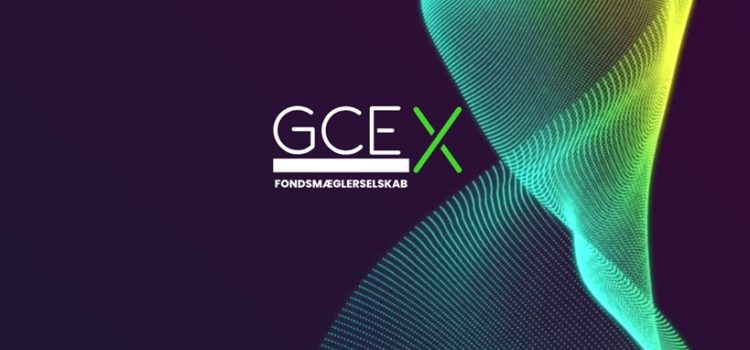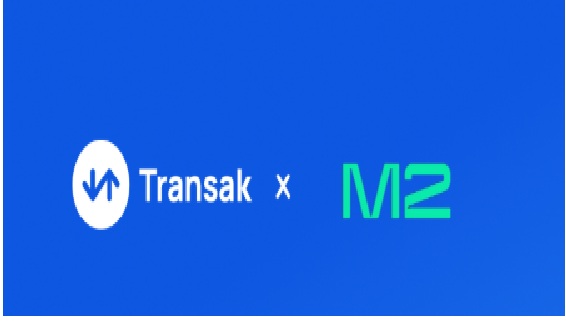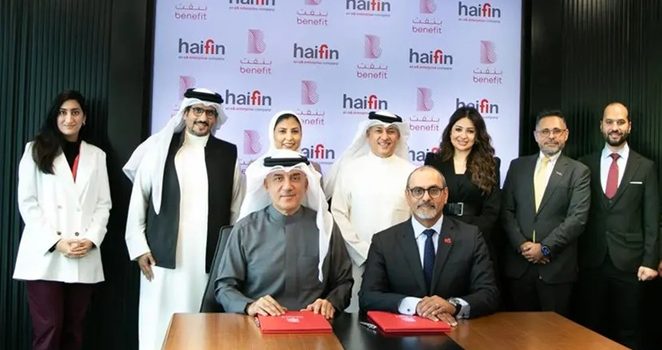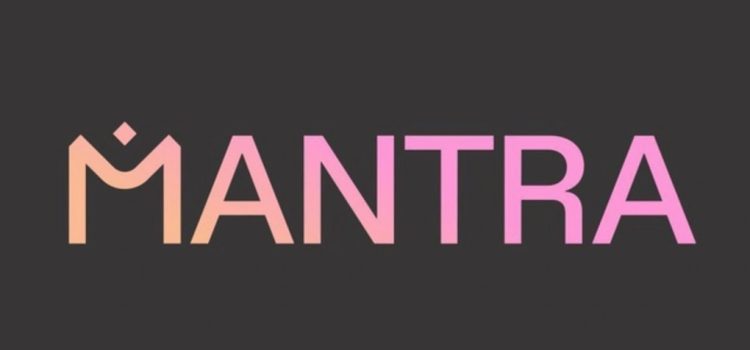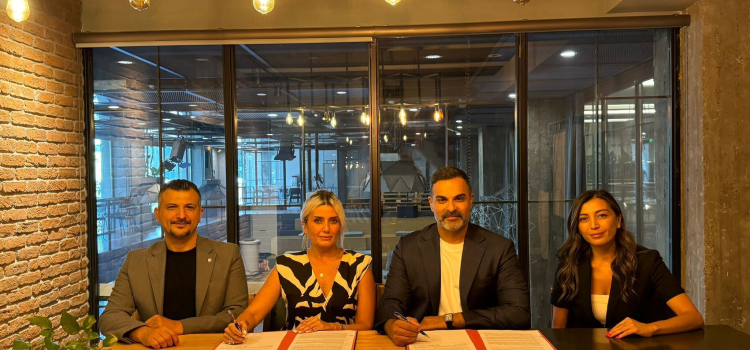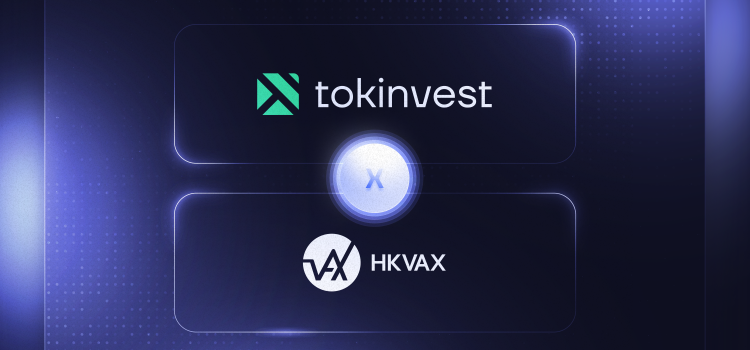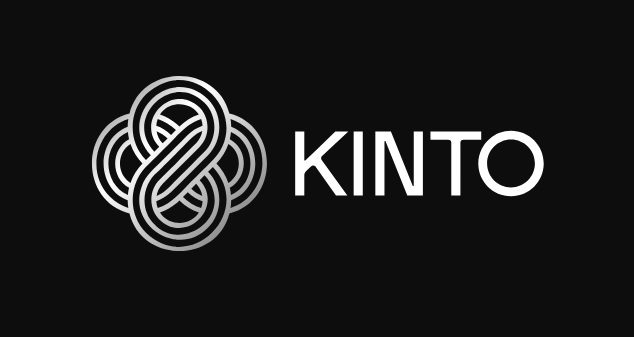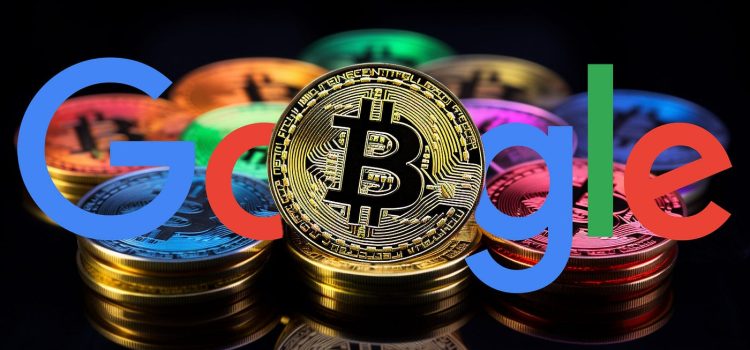
GC Exchange FZE (GCEX), part of the GCEX Group, a UAE regulated crypto exchange offering trading technology has launched XplorAllocate, a multi-asset crypto tool designed to help fund managers and professional traders allocate trades more efficiently, accurately, and transparently across crypto spot, crypto derivatives, forex CFDs, and traditional financial products.
GCEX’s XplorAllocate addresses this by streamlining trade execution and allocation, resulting in improved accuracy and enhanced compliance. Instead of managing individual client accounts separately, fund managers and professional traders can now execute a single block trade, which is then automatically allocated across their clients based on their proportional share of the total investment pool – reducing the time spent on this task without having to use a PAMM, MAM, or similar tools.
Mehtap Önder, Managing Director, GCEX MENA commented, “Traders need tools that make their lives easier, not more complicated. With GCEX’s XplorAllocate, we’re providing a seamless, automated solution that takes care of the heavy lifting, removing the complexity of manually executing trades for each client, saving time, reducing errors, and ensuring that every allocation adheres to regulatory and investment policy requirements. Whether you’re trading crypto derivatives or traditional financial products, this tool simplifies the allocation process so you can focus on what really matters – executing your strategy.”
With real-time visibility, traders using GCEX’s XplorAllocate gain full transparency and a clear audit trail. The tool’s customisable allocation logic provides flexibility and ensures that trades are distributed accurately based on portfolio needs. It allows users to allocate by percentage or share size and combine multiple orders into custom average prices.
XplorAllocate is part of GCEX’s broader strategy to enhance its institutional-grade XplorDigital solutions for institutional and professional clients. XplorDigital features innovative plug-and-play solutions, ‘Crypto in a Box’ and ‘Broker in a Box’.








